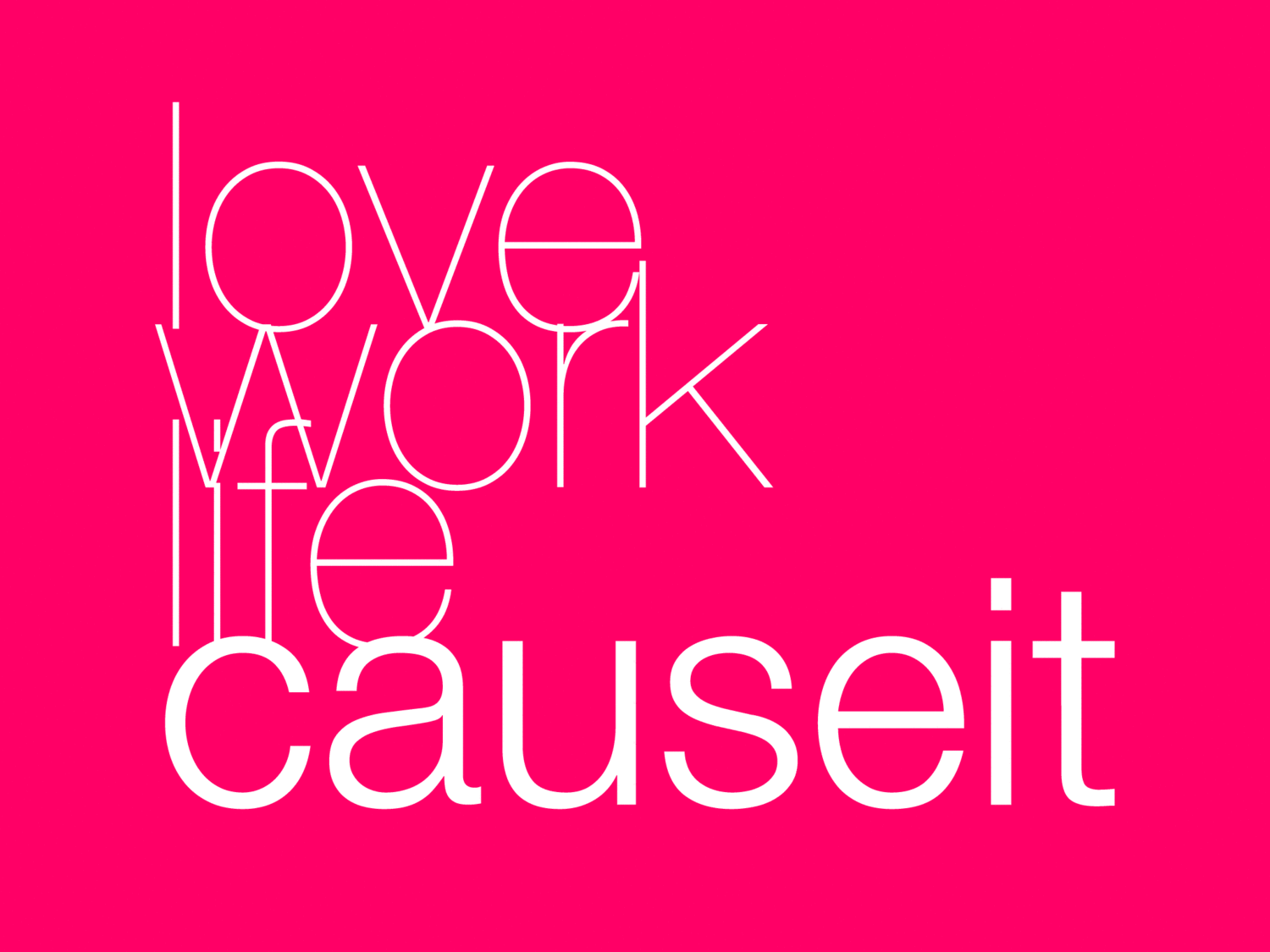Ex Machina explores what happens if we create self-aware machines—and don’t treat them well.
The classic Blade Runner film tells the story of cloned humans created to do unsavory jobs and the existential crisis it causes for them and their ‘creators.’
An elder-minding robot is presented to an aging man by his children—who are fed up with his inability to take care of himself and his stubbornness in accepting help. But slowly he warms to the robot—and goes back to his jewel thief career with a new sidekick. This movie explores the what-if of robots who break the rules—and ‘bad actors’ who influence them.
Nanotechnology is often heralded as the answer to scarcity. Nanotech could mean abundant food, shelter, water and the like. The Diamond Age explores how old mental models of hierarchy and scarcity would still pervade a world rich with AI and nanotech—and how tech could be appropriated by the poor to turn the tables.
This fun and gritty cyberpunk masterpiece is where the term ‘metaverse’ was coined. It imagines a world where a meme becomes a virus—with only a wily hacker and a skateboarding teenage girl to stop it. See the dystopian Southern California that Stephenson imagined to be bad enough that we would need a metaverse to transcend it.
I, Robot, loosely based on a classic Isaac Asimov sci-fi short story, asks the question of how we would investigate crimes committed by machines.
Set many years later, this sequel to Blade Runner unpacks what might happen after society enslaves cloned humans—but a few survive outside of control. What would their origin story feel like—and what if they could break the ‘inviolable’ rules imposed on them by their human overlords?
Transcendence explores the idea of uploading our consciousness to a machine—and the human backlash against such an idea. What would such a future look like—and how quickly might it gain momentum? If we could stop it once it started, would we? Should we?
If our planet to go through sudden, massive climate change and we had to abandon our planet as we know it, what are the most important things we would preserve and take with us? Who would design our future? And how long might it take to be able to re-inhabit? Seveneves explores the human struggle of abandoning the only place which has ever been home.
Chappie tells the story of a police robot who becomes self-aware—and is raised by well-meaning street thugs. Chappie explores the thread of tech’s lack of allegiance to its origin story.
What if your Siri, Google Assistant or Alexa became sentient—and really become your friend? What if you fell in love with them—and they with you? If they had the ability to become exponentially intelligent, would they leave you behind?
In A.I., we see what might happen if AI-imbued, humanoid robots (androids) were to encounter a lost robotic child in need of help. What would their initial programming guide them to do—and how might they evolve in response to the very human experiences they are all having?
As the digital world and analog world converge, our lives will change beyond recognition. Stephenson’s gritty take on America’s potential evolution is an unflinching critique of populism and capitalism. But it’s also, an exploration of the ethics and possibilities of what would happen if we were to be able to ‘upload’ ourselves to a cloud-like computing environment after life (also known as the singularity)—and what imperfect pieces of our lives could be recreated in our death—despite an abundant, blank-canvas kind of world.






























